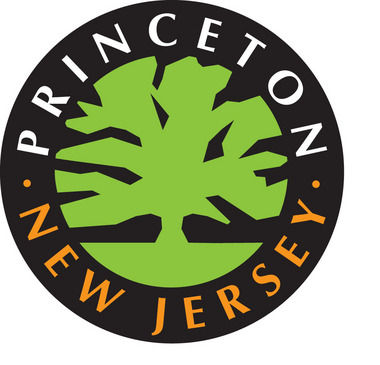By Philip Sean Curran, Staff Writer
As Princeton University wrestles with the legacy of Woodrow Wilson, so too might the community face similar questions about former university president and slaveholder John Witherspoon, whose name adorns a public school, the main municipal building and a main street.
Mayor Liz Lempert, reacting to the protest at the university last week, told reporters Monday that it was an “appropriate question” whether the Witherspoon Hall government building should continue to have that name. She declined to say if she thought the town should drop the name or not, admitting she did not know as much about Mr. Witherspoon as she should.
According to information on the university website, Mr. Witherspoon was president of the College of New Jersey, the original name of Princeton University, between 1768 and 1794. The site said that Mr. Witherspoon’s estate at the time of his death included two slaves “valued at a hundred dollars each.”
“Obviously, there’s a lot in our history that is problematic and shameful,” she said of the town and the country as a whole. “I think there’s so much there that if you go back and try to take everybody’s name off every building, I understand that leads you to a place where that is a lot of complications to it obviously.”
Her comments come less than a week after African American students at Princeton staged a sit-in at current President Christopher L. Eisgruber’s Nassau Hall office demanding that Mr. Wilson’s name be removed from the public policy school and any buildings on campus. They say Mr. Wilson, a former university and U.S. president in the first half of the 20th century, left behind a racist legacy at Princeton; he supported segregation.
The university has said that it will study the issue about Mr. Wilson’s name and look into other demands the students made, but did not definitively say his name will be removed or not. The school also has an alumni award named after Mr. Wilson, although renaming that was not part of the students’ demands.
For her part, Mayor Lempert gave students “a lot of credit for doing what they did” and defended them against critics. She said they were doing the nation “a service” by educating people about “our full history.”
“Some of the criticism has been they’re trying to erase history, but I actually think what they’re doing has had the opposite effect,” she said. “Woodrow Wilson is probably one of the most famous people of Princeton, and yet a lot of us didn’t really know all there was that’s important to know about him. I think it’s an important thing as an academic institution that Princeton be a leader in terms of having a serious, honest conversation about it, which I think they’re doing.”
She said it was up to the university community to determine whether Mr. Wilson’s name should remain on the public policy school.
As a town, she said Princeton has faced this “somewhat directly and somewhat indirectly.”
“We remember as a culture and a community sort of what we want to remember often,” she said. “And it’s interesting to think about and important to think about what we collectively forget. And that’s not a good thing. I think we want to have our eyes open and know what our history is and what happened in the past.”
As a community, Princeton was segregated well into the 20th century, including the public school system.

